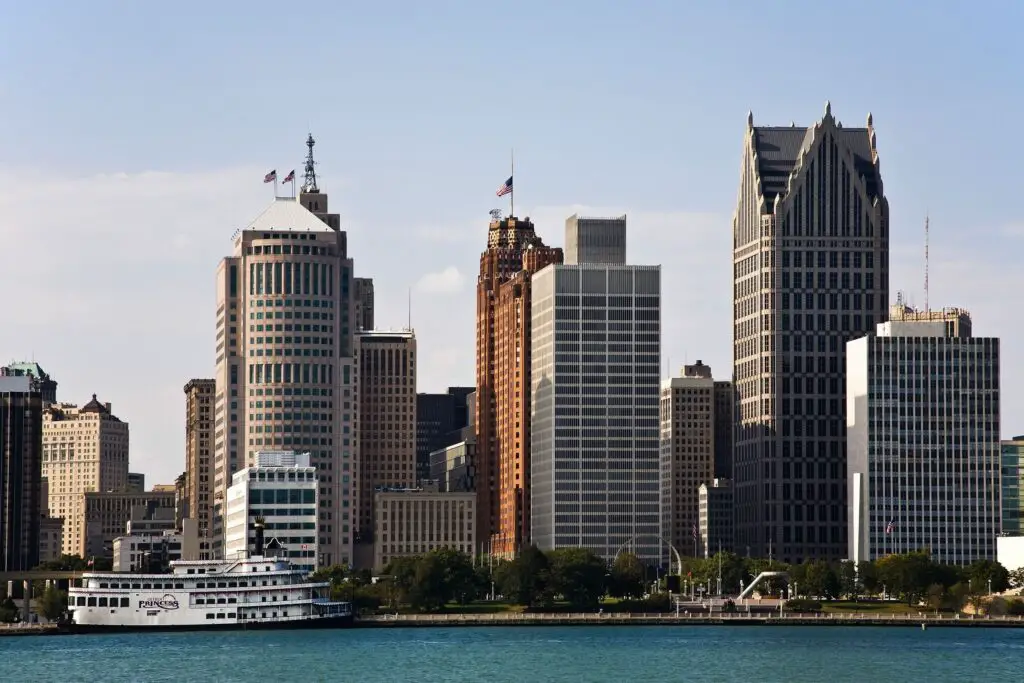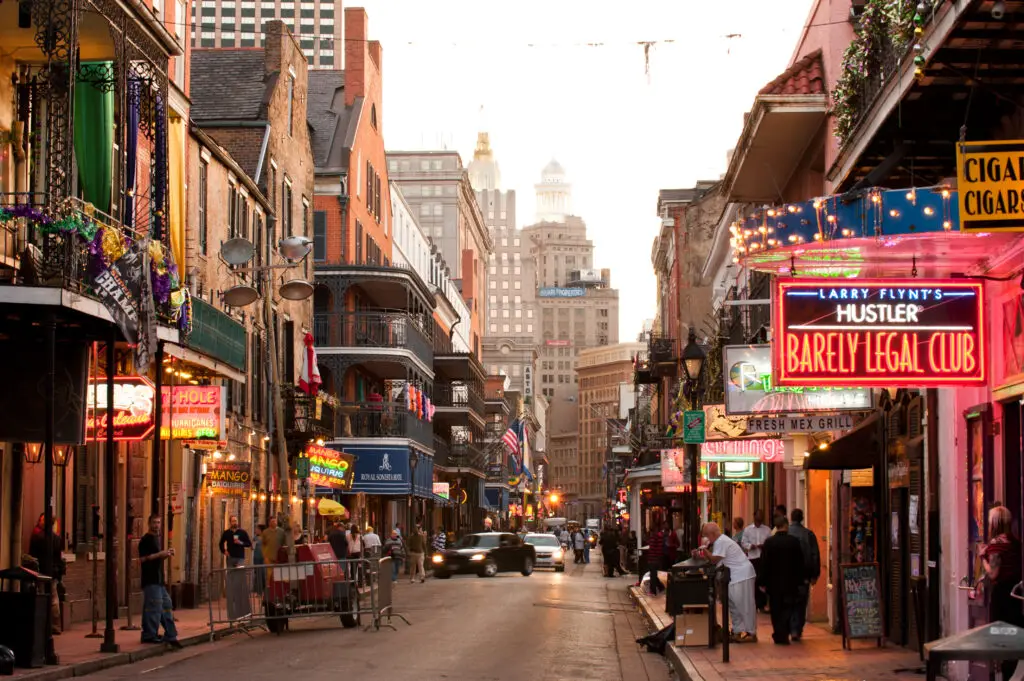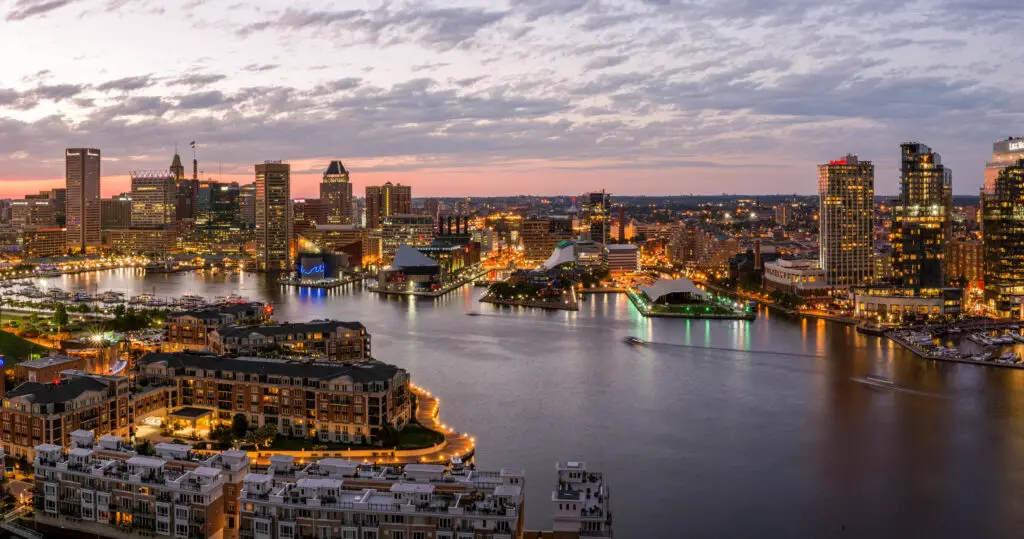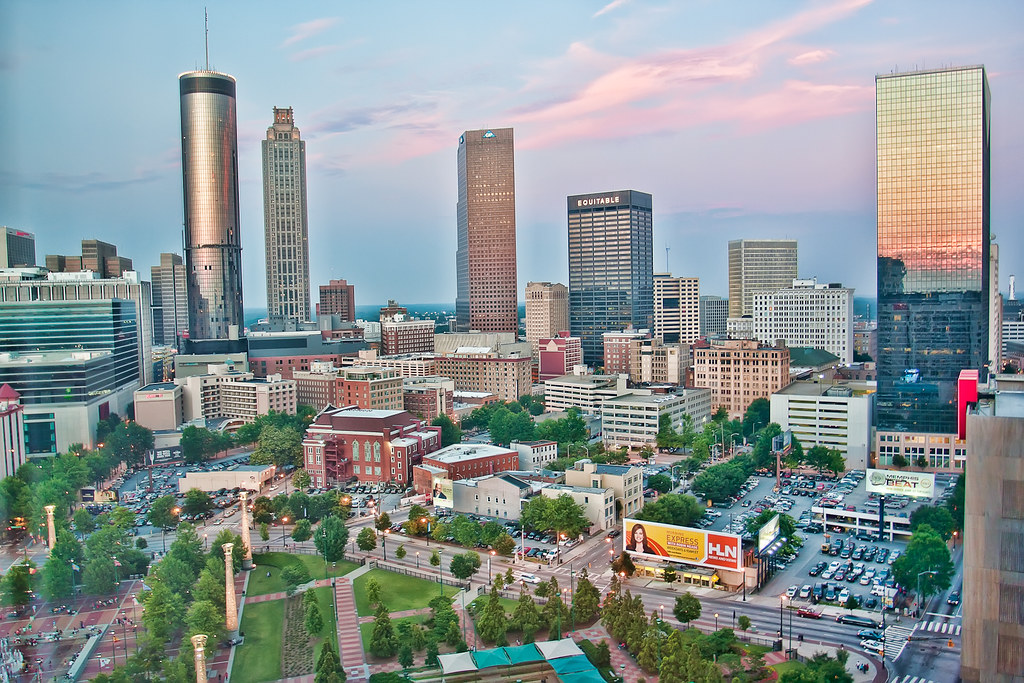Across the United States, several cities have emerged as centers of cultural and economic revitalization, driven by strong local communities, innovative businesses, and grassroots activism. These cities have embraced their diverse histories while fostering economic growth, making them attractive destinations for artists, entrepreneurs, and professionals alike. Whether through historic preservation, thriving arts scenes, or booming small business ecosystems, these cities are redefining what revitalization looks like. Here are four U.S. cities that have become hubs for cultural and economic revival.
1. Detroit, Michigan

Detroit has undergone one of the most dramatic transformations of any U.S. city in recent years, emerging from economic downturns to become a thriving hub of culture and innovation. Once the heart of the American auto industry, the city faced years of decline due to economic shifts and population loss. However, recent revitalization efforts have brought new life to Detroit, with a focus on supporting Black-owned businesses, technology startups, and local artists.
The city’s downtown and Midtown areas have seen a surge in development, with renovated historic buildings housing creative workspaces, trendy restaurants, and co-working hubs. The arts and music scene remains as vibrant as ever, with institutions like the Detroit Institute of Arts and the Motown Museum preserving the city’s cultural legacy. Community-driven initiatives have also played a crucial role in revitalizing neighborhoods, with grassroots organizations restoring historic homes and creating opportunities for longtime residents.
2. New Orleans, Louisiana

New Orleans has always been a cultural powerhouse, but in recent years, it has also become a model for economic revival, particularly in creative and tech industries. The city’s recovery after Hurricane Katrina was driven by both local resilience and strategic investments in entrepreneurship, tourism, and the arts. Today, New Orleans is a magnet for creatives, with its world-renowned music scene, rich culinary traditions, and historic architecture attracting both visitors and new residents.
The city’s business landscape has diversified, with a growing number of Black-owned businesses and tech startups contributing to economic revitalization. Initiatives like Propeller and The Idea Village support local entrepreneurs, providing resources and mentorship to help small businesses thrive. Neighborhoods like Tremé, one of the oldest African American communities in the U.S., continue to be cultural anchors, preserving the city’s history while embracing new opportunities. New Orleans has also prioritized sustainability and infrastructure improvements to protect against future climate challenges. Community-led efforts to restore historic homes and develop affordable housing ensure that longtime residents can remain in the neighborhoods they helped build.
3. Baltimore, Maryland

Baltimore is a city with a rich history that has seen waves of economic challenges but is now experiencing a powerful resurgence. Known for its historic row houses, vibrant arts scene, and deep-rooted Black culture, Baltimore has become a center for grassroots-driven revitalization. Local leaders and entrepreneurs are at the forefront of the city’s transformation, focusing on rebuilding communities from within.
Neighborhoods like Station North and Remington have seen a rise in creative spaces, restaurants, and Black-owned businesses, turning them into cultural hotspots. The city is also home to a growing tech industry, with initiatives like Baltimore Tracks working to connect underrepresented communities to career opportunities in technology. Meanwhile, historic institutions like Morgan State University and Coppin State University continue to foster Black excellence and community engagement. Baltimore’s redevelopment has centered on making economic growth accessible to long-standing residents rather than displacing them. Housing initiatives and community land trusts aim to prevent gentrification while promoting homeownership and business development.
4. Atlanta, Georgia

Atlanta has long been a hub for Black culture, business, and political influence, but in recent years, it has strengthened its position as a leader in economic revitalization. The city is home to a booming film industry, a thriving Black entrepreneurship scene, and some of the most influential historically Black colleges and universities (HBCUs) in the country. Atlanta’s rapid growth has attracted both investors and creatives looking to make their mark in a city known for its resilience and innovation.
The city’s economy has diversified, with sectors like technology, entertainment, and real estate driving expansion. Black-owned businesses thrive in Atlanta, supported by initiatives like the Russell Innovation Center for Entrepreneurs, which provides mentorship and resources to minority business owners. The city’s historic neighborhoods, such as Sweet Auburn and Castleberry Hill, are being revitalized while maintaining their cultural significance. Atlanta’s leadership in political and social activism also contributes to its dynamic growth, making it a city where economic power and cultural influence go hand in hand. Efforts to increase affordable housing and prevent displacement are ongoing as the city continues to expand.
